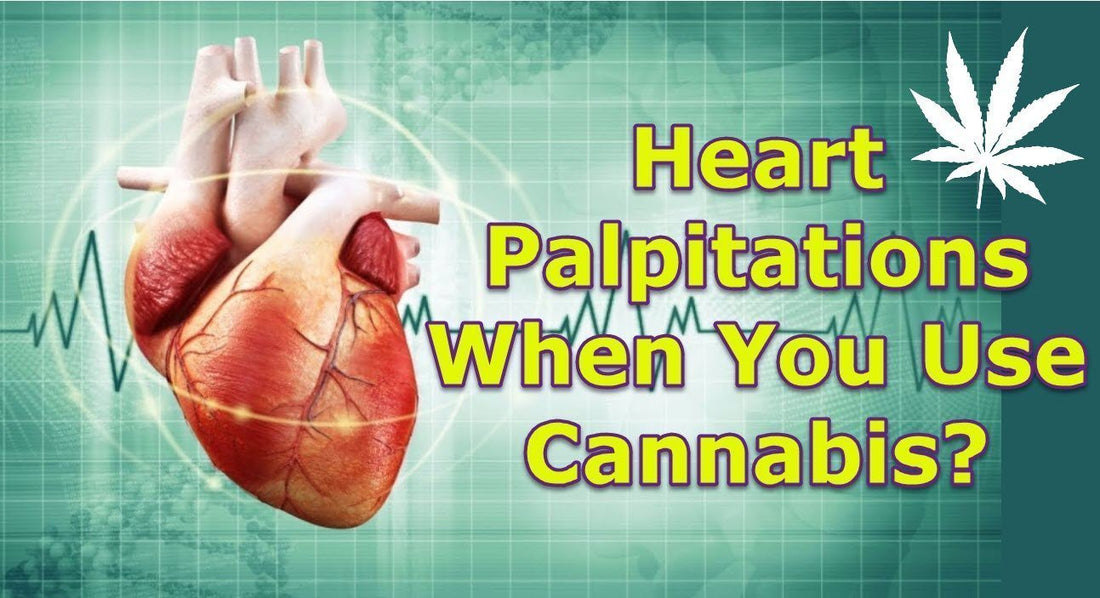How Does Marijuana Affect Your Heart Rate
Marijuana, a widely used recreational drug, has sparked curiosity regarding its effects on the human body. Among the concerns is its impact on heart rate. Many users report experiencing an accelerated heart rate after consuming marijuana, leaving them to wonder: why does weed make your heart go faster? In this comprehensive guide, we delve into the scientific evidence behind marijuana's effect on heart rate, exploring the mechanisms at play and addressing common questions surrounding this phenomenon.
Understanding Marijuana's Effect on Heart Rate: Research indicates that marijuana consumption can indeed lead to an increase in heart rate. THC, the primary psychoactive compound in marijuana, interacts with the endocannabinoid system in the body, triggering various physiological responses. One such response is the activation of the sympathetic nervous system, which controls the body's "fight or flight" response. This activation results in the release of adrenaline, leading to an elevated heart rate.
The Science Behind It: Studies have demonstrated that THC can cause vasodilation, or the widening of blood vessels, leading to a drop in blood pressure. In response, the heart compensates by increasing its rate to maintain adequate blood flow throughout the body. Additionally, THC has been shown to stimulate the release of catecholamines, hormones that further accelerate heart rate.
Common Queries: Individuals often wonder why weed makes their heart beat hard or race. This can be attributed to the combined effects of THC and other cannabinoids present in marijuana. Furthermore, factors such as dosage, method of consumption, and individual tolerance levels can influence the intensity of this response.
Ways to Manage Elevated Heart Rate: While an accelerated heart rate induced by marijuana consumption is typically transient and harmless for most individuals, some may find it discomforting. Fortunately, there are several strategies to help mitigate this effect. Drinking cold water or taking a cold shower can help stimulate the body's parasympathetic nervous system, which promotes relaxation and slows heart rate. Additionally, consuming foods or beverages high in potassium, such as orange juice or milk, may help regulate heart rate.
Risk of Heart Attacks: Several studies have reported an association between marijuana use and an elevated risk of heart attacks, particularly in younger individuals. The acute increase in heart rate and blood pressure following marijuana consumption may exacerbate underlying cardiovascular conditions, such as coronary artery disease, increasing the likelihood of a heart attack.
Potential for Strokes: Similarly, marijuana use has been linked to an increased risk of ischemic strokes, which occur when a blood clot obstructs an artery supplying blood to the brain. The transient vasodilatory effects of marijuana, coupled with its ability to disrupt normal blood clotting mechanisms, may contribute to the development of ischemic strokes, particularly in chronic users.
Interplay of Factors: It's essential to note that the relationship between marijuana use and cardiovascular risks is complex and multifactorial. Factors such as dosage, frequency of use, method of consumption, and individual susceptibility play a significant role in determining an individual's cardiovascular risk profile. Additionally, coexisting lifestyle factors, such as tobacco smoking and poor diet, may further exacerbate these risks.
In conclusion, marijuana's effect on heart rate is a complex interplay of physiological mechanisms. While an increased heart rate is a common occurrence after marijuana consumption, it is typically transient and poses minimal risk to healthy individuals. By understanding the underlying mechanisms and implementing strategies to manage elevated heart rate, users can enjoy the benefits of marijuana with greater peace of mind. For further information on this topic, explore the resources provided below.
For more in-depth information on marijuana's effect on heart rate and cardiovascular health, consult reputable sources such as the American Heart Association: .


NGU Weed Shirts

